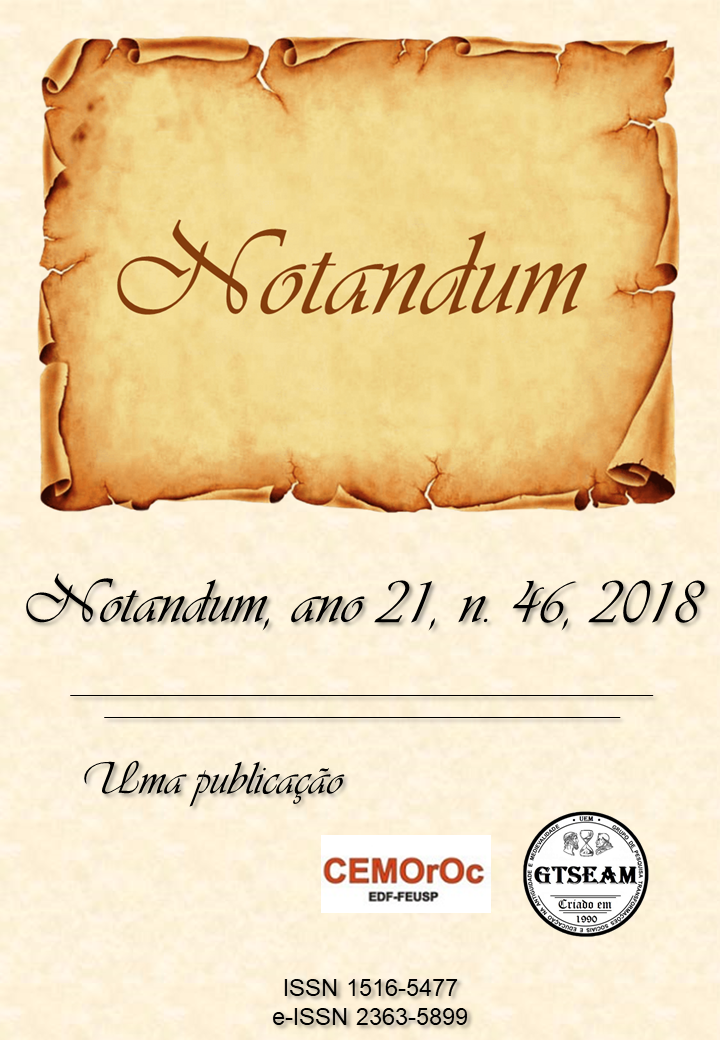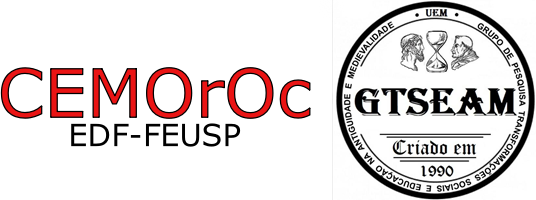IDENTIFICATION AND STEREOTYPES OF FOREIGN-ACCENTED ENGLISH
Resumo
The effect of accent on perceived personality characteristics is well-documented in academic literature: perceiving someone to be from a particular region on the basis of their dialect affects attitudes toward the speaker (Rubin & Smith 1990, Baugh 2004, Lindemann 2003). Using an experimental design similar to that used by Bayard et al. (2001), this study investigates the attitudes of American college students toward French-, Spanish-, Italian-, and Mexican-accented speakers of English. Judges were presented with four audio clips of non-native speakers of English reading the same passage of text, and asked (1) to identify the speakers’ country of origin and (2) to give them a rating from 1 to 6 on nine personality characteristics such as Intelligence, Attractiveness, and Wealth. The results of (1) showed that judges were more or less able to discern the speakers’ language of origin, although there was more difficulty in terms of country of origin, with Spanish- and Mexican-accented English being frequently confused with one another. The results of (2) generated a list of characteristics associated with each culture which fell in line with popular folk knowledge about American stereotypes of different countries: the Mexican speaker, for example, was judged as Poor but Efficient and Hard-working, while the French one was Lazy but Attractive and Refined.
Downloads
DECLARAÇÃO DE ORIGINALIDADE E DIREITOS AUTORAIS
Declaramos que o presente artigo é original, não tendo sido submetido à publicação em qualquer outro periódico nacional ou internacional, quer seja em parte ou em sua totalidade.
Os direitos autorais pertencem à Revista. Os direitos de licenciamento utilizados pelo periódico é a licença Creative Commons Attribution 4.0 (CC BY-NC-ND 4.0).
Recomenda-se a leitura desse link para maiores informações sobre o tema: fornecimento de créditos e referências de forma correta, entre outros detalhes cruciais para uso adequado do material licenciado.









